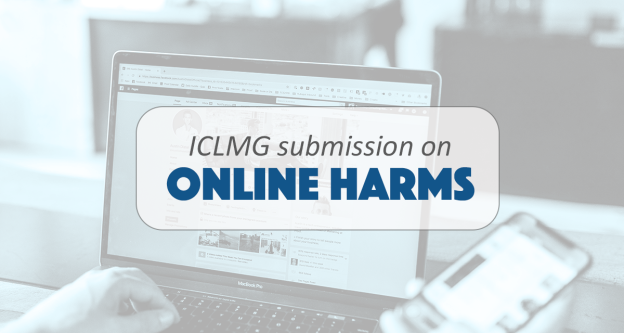On September 25, 2021, the International Civil Liberties submitted feedback to the federal government’s proposal to tackle online harms.
Given our coalition’s mandate, our analysis focuses primarily on the inclusion of “terrorist content” as one of five areas of online harm. We also examine the proposal’s interaction with anti-terrorism laws, policies and activities, as well as how they overlap and raise concerns for other areas of the proposal (for example, the overall approach towards involvement of police, the impacts of censorship and policing based on vaguely worded definitions, etc.).
You can read our full submission here.
In our submission, we identify several worrisome and even troubling aspects to this current proposal that may in fact undermine the stated goals. These include:
- the further expansion of problematic definitions of terrorism and its enforcement online, which have been shown to more often target the very communities which the government proposes to support with this new regime.
- a questionable conflation of efforts to address wildly different harms which need very specific solutions
- a monitoring and removal process that threatens freedom of expression and privacy rights, and which will likely have severe and significant impacts on already marginalized communities
- new obligatory reporting rules to law enforcement and intelligence agencies and
new warrant powers for CSIS - transparency and accountability requirements that require the addition of more robust obligations
We also raise questions about the form and approach to the consultation itself, which we and many other stakeholders have found to be wholly inadequate. We believe that in order to address the concerns raised in our submission and by others, the government must commit to extending and improving their consultation process before any new legislation is introduced.
We recognize the importance of tackling harmful content that can lead to violence, and have urged the government to take greater action. Unfortunately, there are deeply troubling aspects to this proposal that, unless addressed, we believe will lead to greater harms both for the population at large, as well as for the very communities the government states they wish to support.

